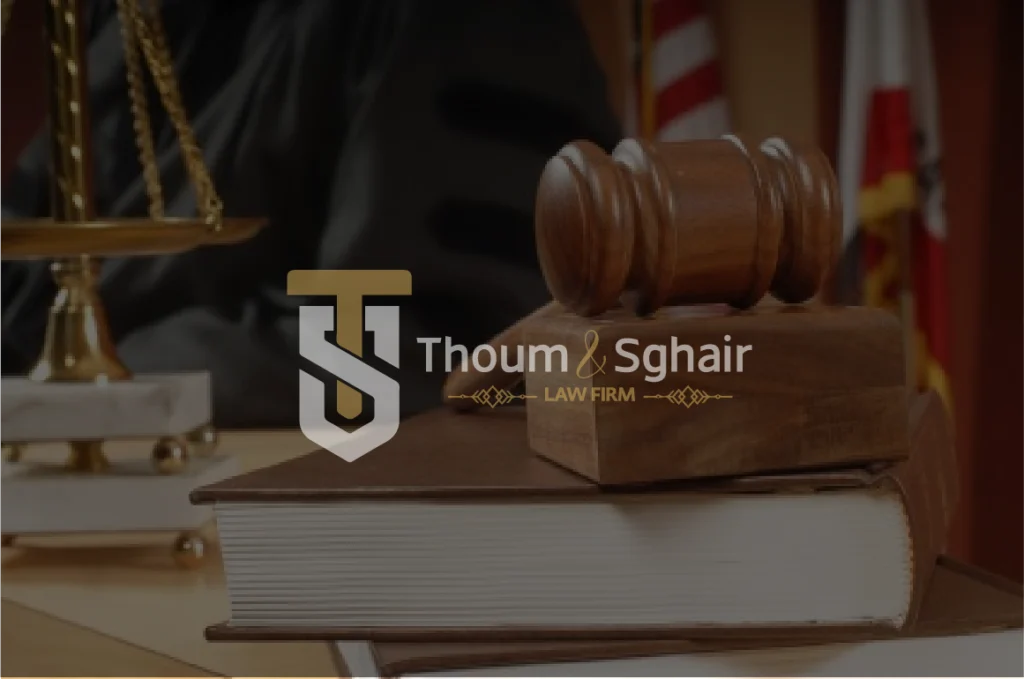
Real estate law in Morocco governs the ownership, transfer, and management of property. Whether you are a local or foreign investor, understanding the legal landscape is crucial for ensuring compliance, avoiding legal pitfalls, and protecting your property rights. In this guide, we explore the key aspects of real estate law in Morocco, including property acquisition, lease agreements, and dispute resolution. If you’re looking for professional legal services, our law firm in Casablanca, Morocco is here to assist you with all your real estate legal needs.
1. Property Acquisition in Morocco
Foreigners Buying Property in Morocco
Morocco offers a favorable environment for foreign property investment. However, non-Moroccan nationals can only acquire property in certain areas, such as tourist zones and cities. Here’s what you need to know:
- Property Restrictions for Foreigners: Foreigners can buy property in Morocco, but they must adhere to regulations related to zoning, especially in regions with sensitive military and coastal areas.
- Required Documentation:
- Proof of identity (passport).
- A tax identification number (NIF) from Moroccan tax authorities.
- Notary services for contracts.
Steps for Acquiring Real Estate
- Find the Property: Work with a real estate agent or directly approach the seller.
- Conduct Due Diligence: Verify the legal status of the property, including ownership and any existing debts or encumbrances.
- Sign the Preliminary Agreement: Draft a preliminary agreement that includes the sale price, payment terms, and conditions.
- Notary Involvement: Finalize the contract before a notary public and register the sale.
- Transfer Ownership: Pay the necessary registration taxes and transfer fees, then receive the property deed.
2. Lease Agreements in Morocco
Residential Lease Agreements
When leasing a property in Morocco, both landlords and tenants must comply with the Dahir of 24 May 1955 concerning lease agreements. These leases typically last one to three years and are renewable. Key elements include:
- Rental Agreements: All agreements must be in writing and include details such as rental amount, payment terms, and duration.
- Tenant Rights and Responsibilities: Tenants have the right to peaceful enjoyment of the property and the obligation to pay rent on time. They can also request property maintenance under certain conditions.
- Landlord Rights and Responsibilities: Landlords must ensure the property is habitable and provide necessary maintenance. They may also terminate the lease for specific reasons, such as non-payment of rent.
Commercial Lease Agreements
Commercial leases are governed by separate laws that protect businesses. These contracts are typically longer and often include clauses for rent increases or additional fees. A real estate lawyer in Casablanca can assist with negotiating terms and ensuring legal compliance.
3. Property Disputes and Litigation
Property disputes are common in Morocco, and legal issues can arise concerning ownership, boundaries, and rental contracts. The most common types of property disputes include:
- Ownership Disputes: Issues regarding the rightful owner of a property, particularly in cases of inheritance or disputed titles.
- Boundary Disputes: Conflicts over property lines and encroachments.
- Landlord-Tenant Disputes: Issues such as unpaid rent, eviction, and property maintenance.
- Construction and Development Disputes: Legal challenges related to zoning, permits, and compliance with construction regulations.
4. Real Estate Taxation in Morocco
Property Taxes
Real estate owners in Morocco are subject to various taxes, including:
- Property Tax (Taxe d’Habitation): An annual tax levied on owners of residential properties.
- Capital Gains Tax: Tax applied on the sale of a property based on the difference between the purchase price and the selling price.
- Municipal Taxes: Local governments impose taxes related to property development and urbanization.
5. Real Estate Law for Foreign Investors in Morocco
Foreign investors looking to purchase or develop real estate in Morocco must be aware of the following:
- Foreign Investment Law: Morocco’s investment law encourages foreign investments, especially in real estate. Foreign investors must ensure compliance with national regulations concerning land ownership and investment projects.
- Currency Exchange Regulations: Foreign buyers should be aware of regulations regarding currency transfer, especially when bringing funds into the country for property transactions.
Conclusion
Real estate law in Morocco can be complex, especially for foreign investors. Whether you’re buying property, negotiating a lease, or resolving disputes, understanding the legal framework is essential. At CASA LAW FIRM, a leading law firm in Casablanca, Morocco, our team of real estate law experts is here to guide you through every step of the process. Contact us today for professional advice and legal representation.